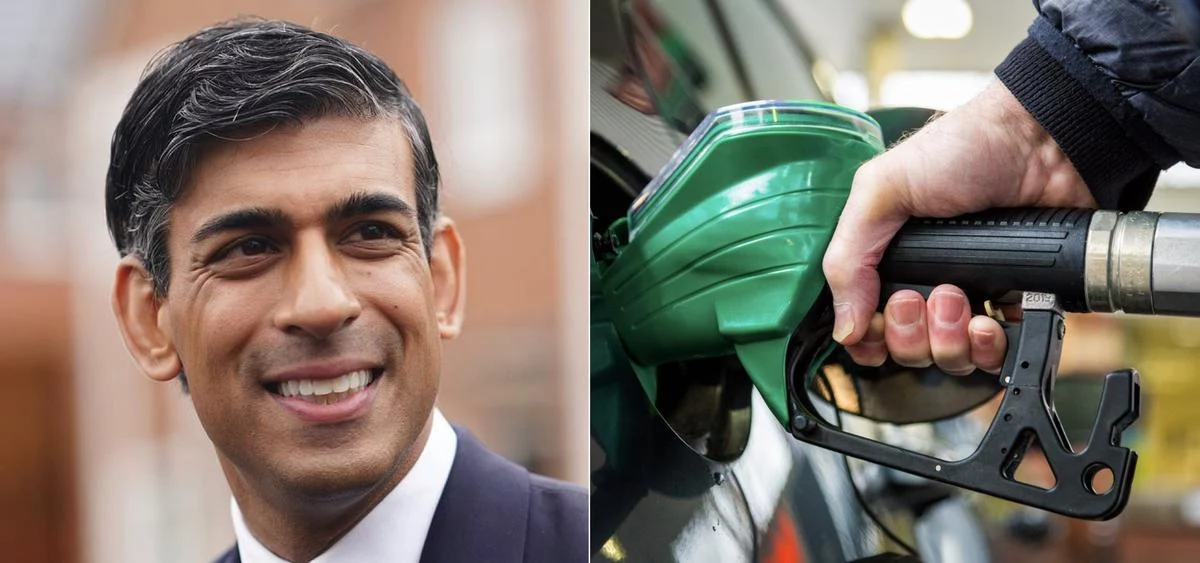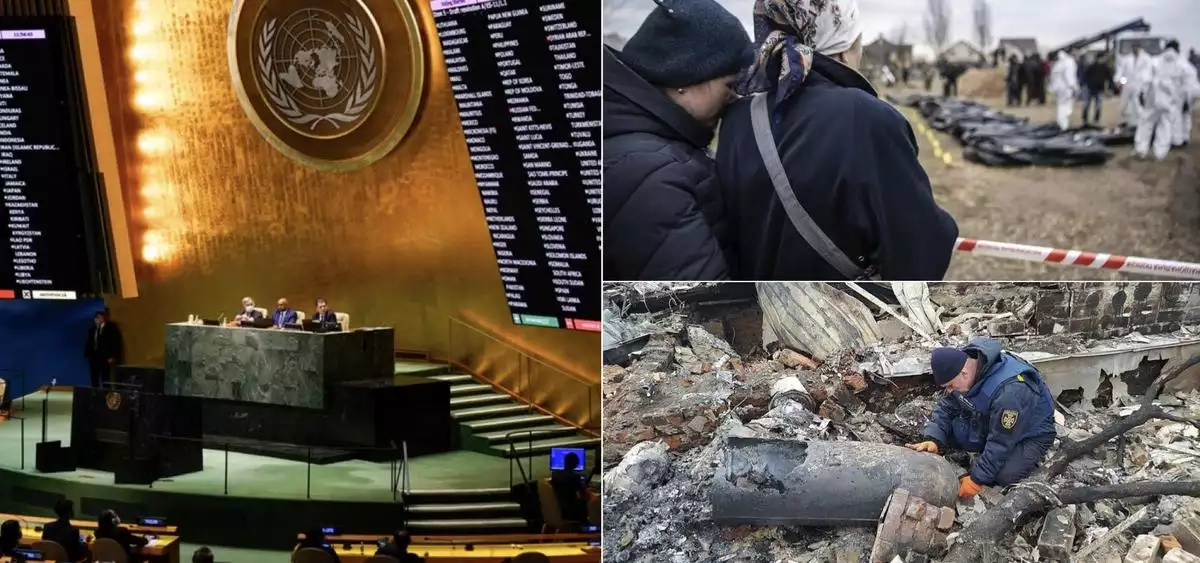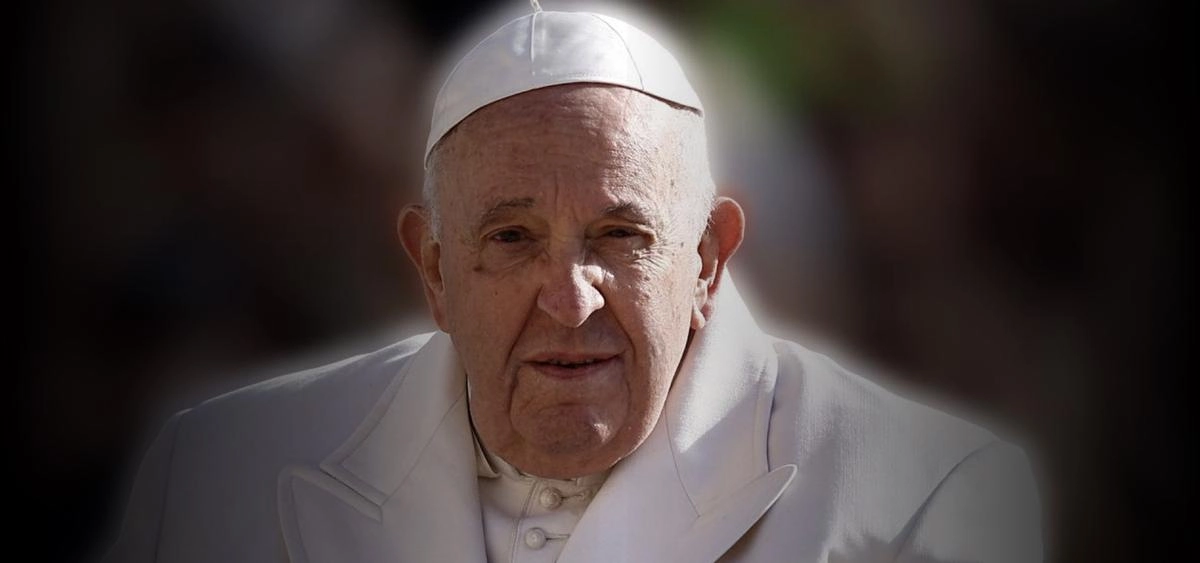Rishi Sunak’s Decision to Delay the UK Petrol Car Ban Creates Political Stir, Shifting the Focus in Climate Policy and Upcoming Elections

Credit: Google | Rishi Sunak
In a significant policy shift, UK Prime Minister Rishi Sunak has announced changes to the country’s climate targets, sparking controversy among businesses, political allies, and environmental activists. Sunak unveiled these changes in a press conference, where he outlined a series of alterations to existing climate commitments.
Firstly, the ban on the sale of new petrol and diesel cars, originally scheduled for 2030, has been postponed until 2035. Additionally, plans to phase out gas boilers and regulate homeowners’ energy efficiency have been dramatically slowed down.
These moves have elicited criticism from various quarters, with concerns raised about the potential impact on emissions reduction efforts.
BREAKING: Prime Minister Rishi Sunak has delayed the ban on sale of petrol and diesel cars to 2035.
— Metro (@MetroUK) September 20, 2023
Sunak has said the government is committed to reaching net zero carbon emissions by 2050 but in a ‘more proportionate way’.https://t.co/SY8AK9W4rC
Sunak’s announcement also includes plans to expand oil and gas developments in the North Sea, a move that environmental groups have strongly condemned. Furthermore, he intends to lift the ban on onshore wind projects, signaling a departure from previous green policies.
This shift in climate strategy represents a significant reversal from the consensus reached during the COP26 climate conference held in Glasgow just two years ago. It casts doubt on the UK’s commitment to being a leader in the global fight against climate change.
Sunak’s new approach is seen as a calculated electoral strategy aimed at appeasing traditional Conservative voters, as the UK anticipates a forthcoming national election. By scaling back on ambitious emissions-cutting policies and engaging in confrontations with climate activists, Sunak aims to bolster his political standing.
However, critics argue that these changes undermine the UK’s credibility in achieving its net-zero emissions target by 2050, as outlined in legally binding commitments. The delays in phasing out fossil-fuel-powered vehicles and gas boilers may hinder future governments’ efforts to accelerate emission-reduction plans.
The political fallout from Sunak’s announcement has been swift, with even some members of his own Conservative party expressing concerns about the impact on business confidence and the party’s electoral prospects.
Former Prime Minister Boris Johnson, who championed the net-zero pledge during his tenure, criticized Sunak’s approach and stressed the need for certainty in government commitments. Climate experts have also raised alarms, citing the urgency of meeting climate goals.
These developments come at a time when climate change is increasingly a top concern for British voters, with the opposition Labour party accusing Sunak’s government of backtracking on climate commitments.
While Sunak frames these changes as a more “pragmatic and realistic” approach to climate policy, their potential consequences for the UK’s environmental progress remain a subject of intense debate. As the world grapples with climate challenges, the UK’s stance on climate change will undoubtedly continue to draw global scrutiny.
RELATED NEWS
WEB STORIES FOR YOU
Stay connected with Today On Globe for the latest Global Issues and News Updates.
Explore more related articles at [TOG News / TOG Article]






















